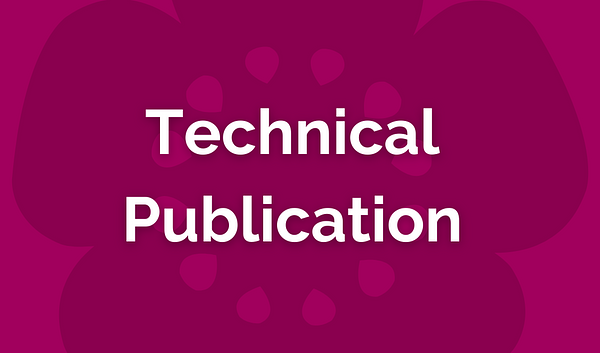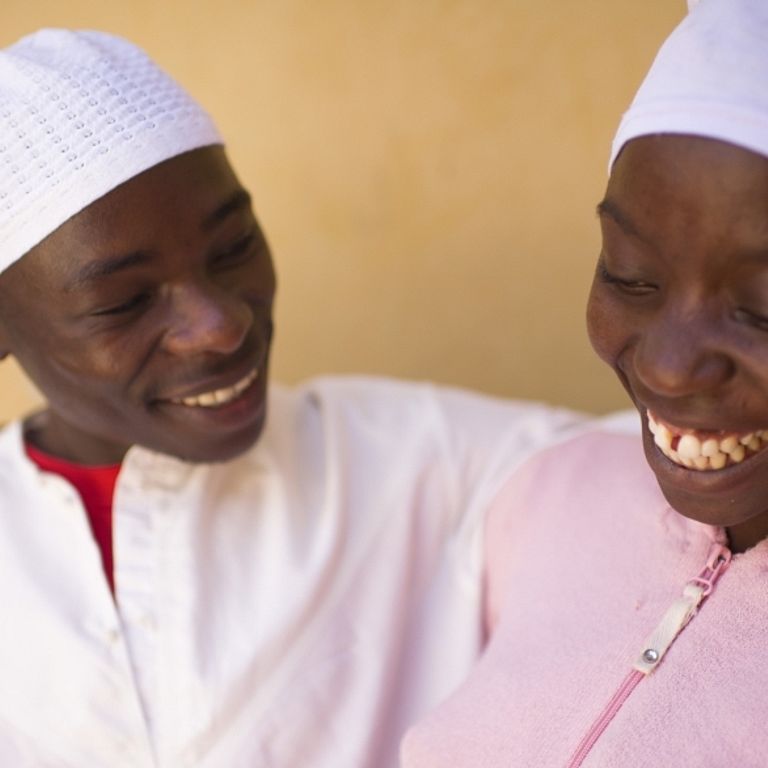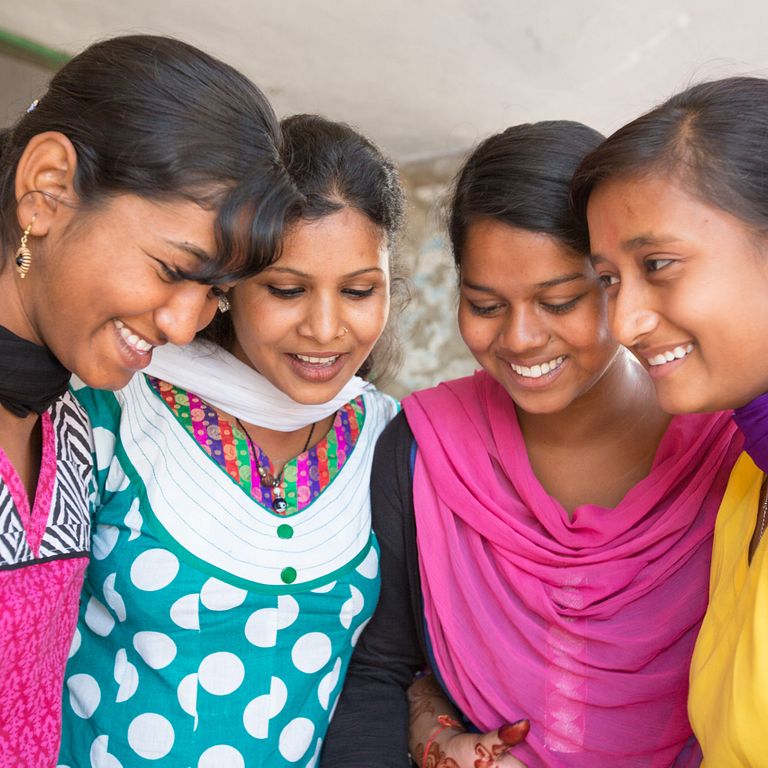Engaging Adolescent Girl Champions for Newborn Girls

In India, the preference for sons remains strong despite many social campaigns and awareness drives. A study on gender equality in Bihar, India, published in The Journal of Global Health found that the likelihood of a girl newborn receiving care if sick was significantly lower than a boy.
Through this unique two-month program, EngenderHealth worked with the government of Bihar to engage adolescent girl peer educators to serve as adolescent girl champions (AGCs) to improve the survival of newborn girls in an eight-blocks of the Sitamarhi. The program focused on expanding knowledge of newborn care among AGCs; improving newborn care knowledge and practices in the community; and increasing understanding of gender barriers that affect care of newborn girls in the AGC’s communities.

EngenderHealth identified and trained the AGCs who were supported by accredited social health activists (ASHAs) and mentors. The AGCs identified and visited households in their villages where a girl had been born in the past four weeks and continued to visit once a week for four weeks. During these visits, the AGCs educated family members on newborn care knowledge and practices and provided contact details for the nearby health center, encouraging families to access care as needed. This program has shown that girls have the potential to serve as active change agents in their communities. Young people and their communities can both benefit from increased ownership and strengthened leadership skills.
Between December 2020 and January 2021, Engenderhealth identified, trained, and supported 1,005 AGCs and mobilized 453 ASHAs to support the AGCs. Through these efforts, 531 newborn girls received follow-up care and 169 adolescent health outreach days were conducted on newborn care. Of 404 AGCs surveyed, nearly 90% felt their efforts helped improve the knowledge of newborn care among mothers, fathers, and family members. Approximately 92% of the AGCs surveyed also expressed interest in continuing to share newborn care messages with their communities in the future, and 95% felt they had helped increase awareness of newborn care more broadly in their communities. In just two months, the AGCs demonstrated how powerful a catalyst they could be for improving the health and wellbeing of their communities.






